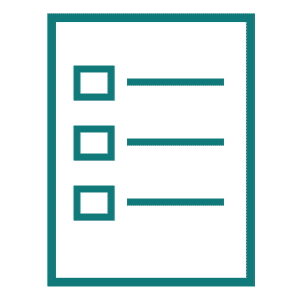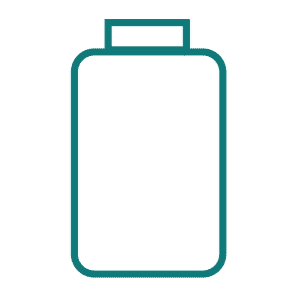I think it’s safe to say we’re all feeling a little…overwhelmed lately.
As the coronavirus continues to be an overwhelming factor in our lives, most of us are
navigating working from home, searching for
jobs, balancing childcare, facing challenging roles as frontline workers, trying to maintain relationships while social distancing—it can all just feel really exhausting. It’s hard not to feel completely
burned out.
Can you relate? If so, my proposal is this: that we allow ourselves to feel okay about doing absolutely nothing. If this is hard for you to justify (and it’s hard for me!), don’t worry—
studies prove that it’s actually really good for you, both mentally and physically.
Combat that fatigue and burnout by filling your proverbial cup with some much-deserved downtime. If you can, block some time in your schedule to allow yourself to rest. We promise that it will be worth it. In case you need some motivation, we’ve outlined some of the benefits of doing nothing below.
Increased Productivity
Many companies are
catching on to this, but allowing for breaks and flexibility in your workday actually makes you more productive. If you want more proof,
the Harvard Business Review cites study after study to explain that allowing yourself to have breaks helps you stay productive. Super busy but feeling that mid-afternoon slump? Go ahead, take a break. It will actually help you to do more, later.
Increased Creativity
In addition to productivity, if you allow yourself to have downtime, your
creativity increases as well. According to
Inc., when your mind is relaxed—when you’re enjoying downtime—
a different part of your brain is engaged. And this part of the brain is connected to problem-solving. So if you’re feeling uninspired or stuck, it might help to go and take a walk, a nap, or pick up your phone and laugh at Instagram stories.
Increased Energy
Know that time of day where you just feel drained? Maybe it’s the mid-afternoon and you
feel like you’ve crashed? Yeah, me too. Allowing yourself to stop will help this. Forget powering through; instead,
take a break! Go walk around the block. Step into your backyard and take a moment to stretch. Lay your head down on your desk and take a five-minute meditation. All of these things will help you to feel a little more
energy than you did before.
Increased Focus
If you’re worried about wasting time, don’t. It’s wrong to associate
downtime with time-wasting. Instead, it actually helps your brain to process new information and to solve problems. Letting your brain step away from whatever it is you’re
focusing on often helps you think of a new solution or perspective. When you’re stuck or fading, it’s good to take a break to daydream or think of something other than the project at hand.
Improved Memory
Finally, downtime is also proven to
help memory. Unsurprisingly, allowing yourself time to
process what you’re learning helps you remember it more clearly. If you feel like you’re constantly forgetting things, maybe your age isn’t to blame. Instead, it might be that your mind is overloaded with information and in need of a break. If you allow yourself to slow down a bit and enjoy some time to daydream, chances are, your memory will improve as well.
If you’re feeling burned out from the busyness of it all, shake off the guilt and indulge in some downtime. Treat yourself (it’s proven to help) and you should feel better almost instantly.


















